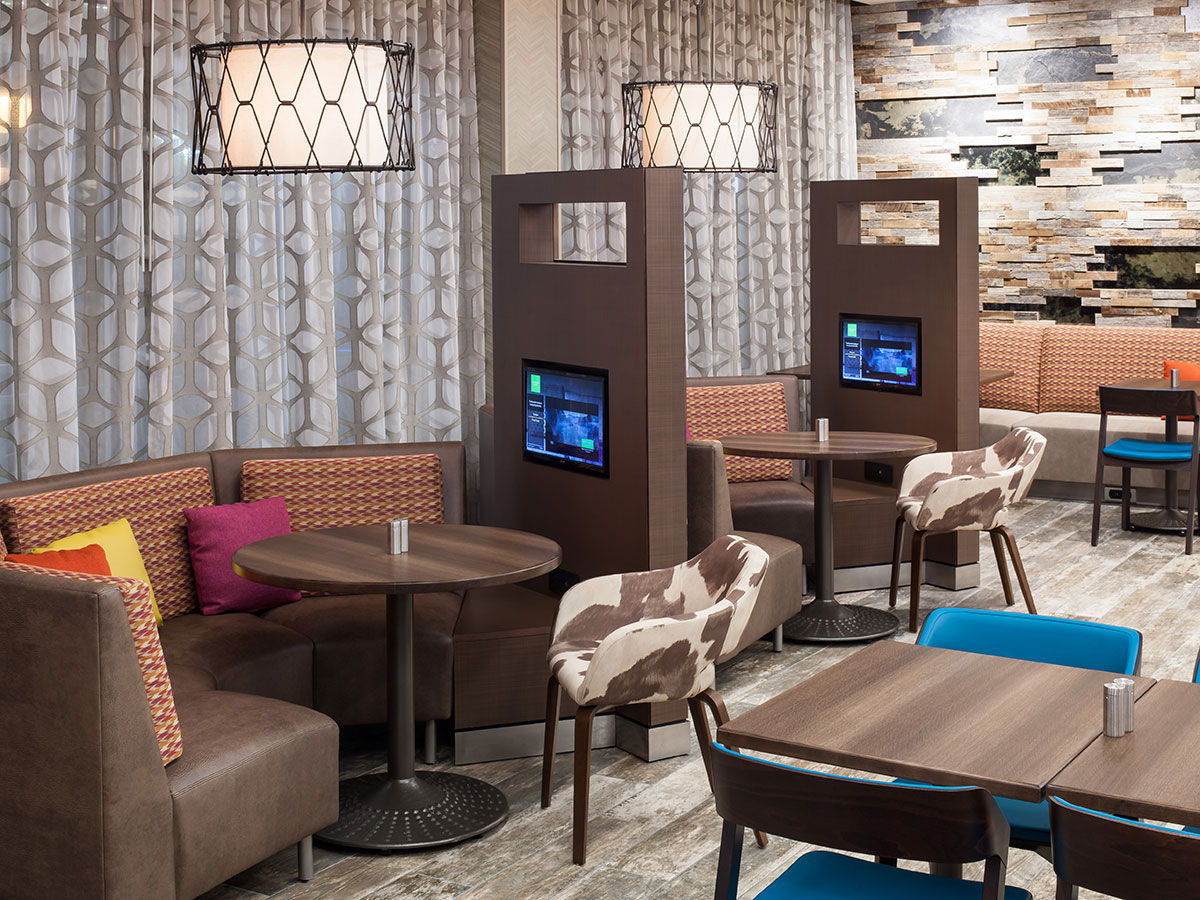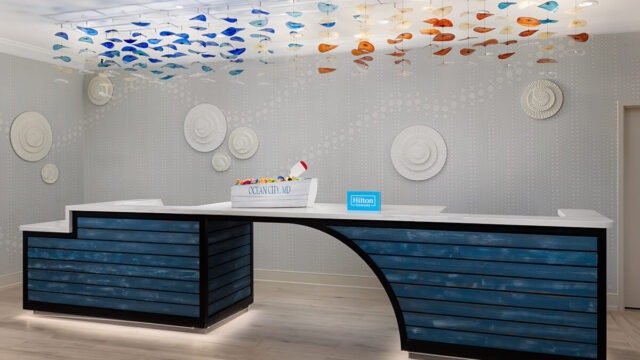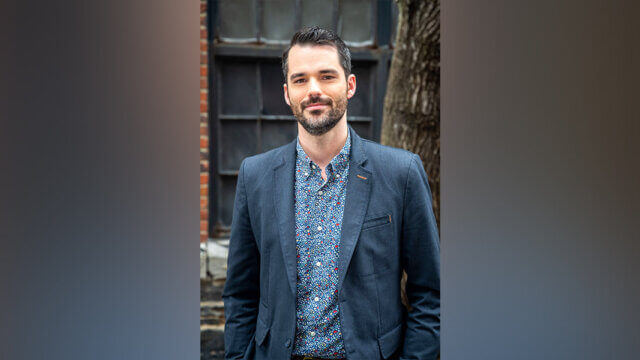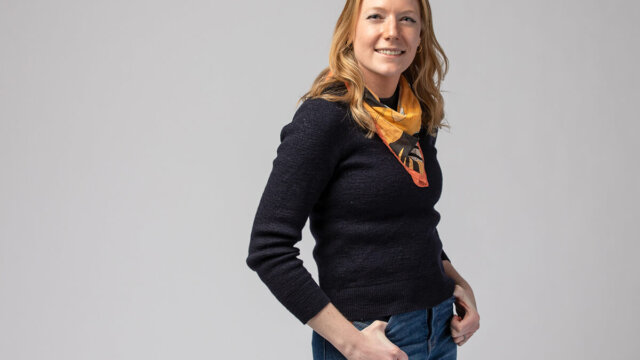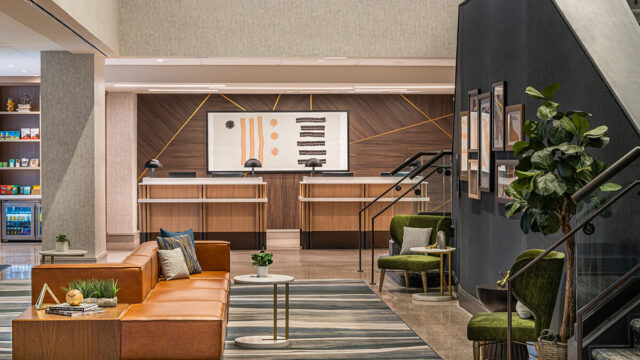David Shove-Brown and David Tracz are the design duo behind Washington, DC-based //3877, a boutique design firm focused on high-end residential, multi-family, restaurant and hospitality projects. With several hospitality projects completed for major brands such as Marriott International and Hilton, they say there isn’t a secret sauce to helping clients elevate their brands. Rather, it’s all about communication.
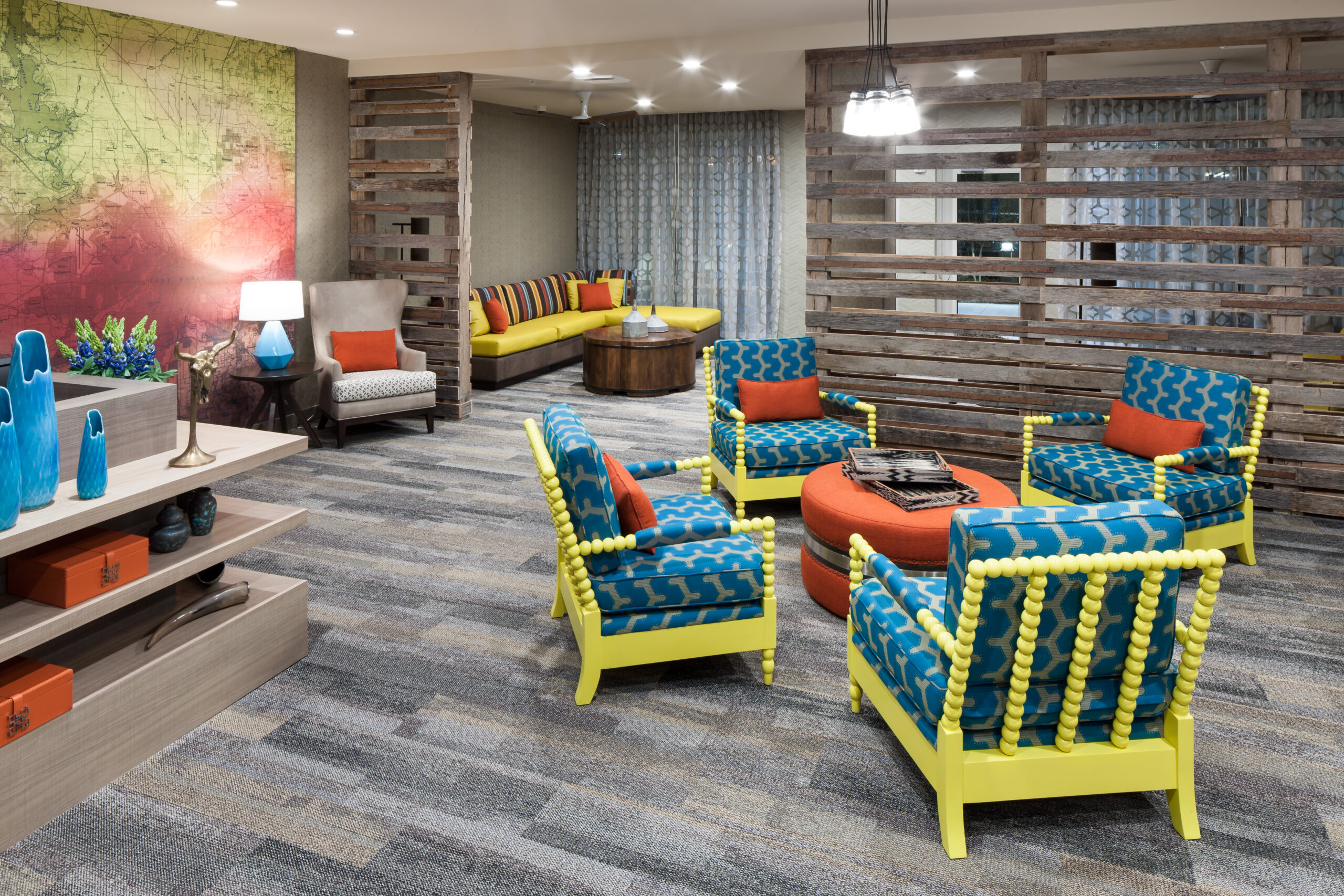
“Listening and allowing input from all sides, thinking outside of the box to find the best ideas, these are the methodologies that result in the best outcomes,” said Shove-Brown.
“Owners hire us to challenge their brands, to push them. By the nature of this concept, we’re changing where they’ve been and determining where they will go,” said Tracz. “To achieve this in right way, asking the right questions, and truly listening to the client, understanding their vision, is essential.”
In a Q&A with InspireDesign, Shove-Brown and Tracz share insight on trends and look ahead to the future.
Has the economy been a boon for your business? How so?
Shove-Brown: The economy has been a plus for business, but overall it’s about being strategic and growing in a manageable and thoughtful way. We’ve grown over the course of the years and successfully because of the methods used in hiring and project acquisition.
What were some notable hospitality design trends? And, what should we watch for in 2019? What will fizzle out?
Shove-Brown: When it comes to trends, we believe it’s about the flow creating a seamless connection between spaces; connecting the lobby to the lounge to the in-house restaurant—in a way that appears natural—will continue to be a driving force behind refreshed hotel design. Larger brands are also working toward refining what it means to “be local.” Out will be the inauthentic feel that often comes with the inclusion of a few pieces of local artwork and decor items, and instead a focus will and should be put on the personality of the location. We ask, “What is unique about this location? What aspects of the location’s surroundings are important to a visitor and a local?”
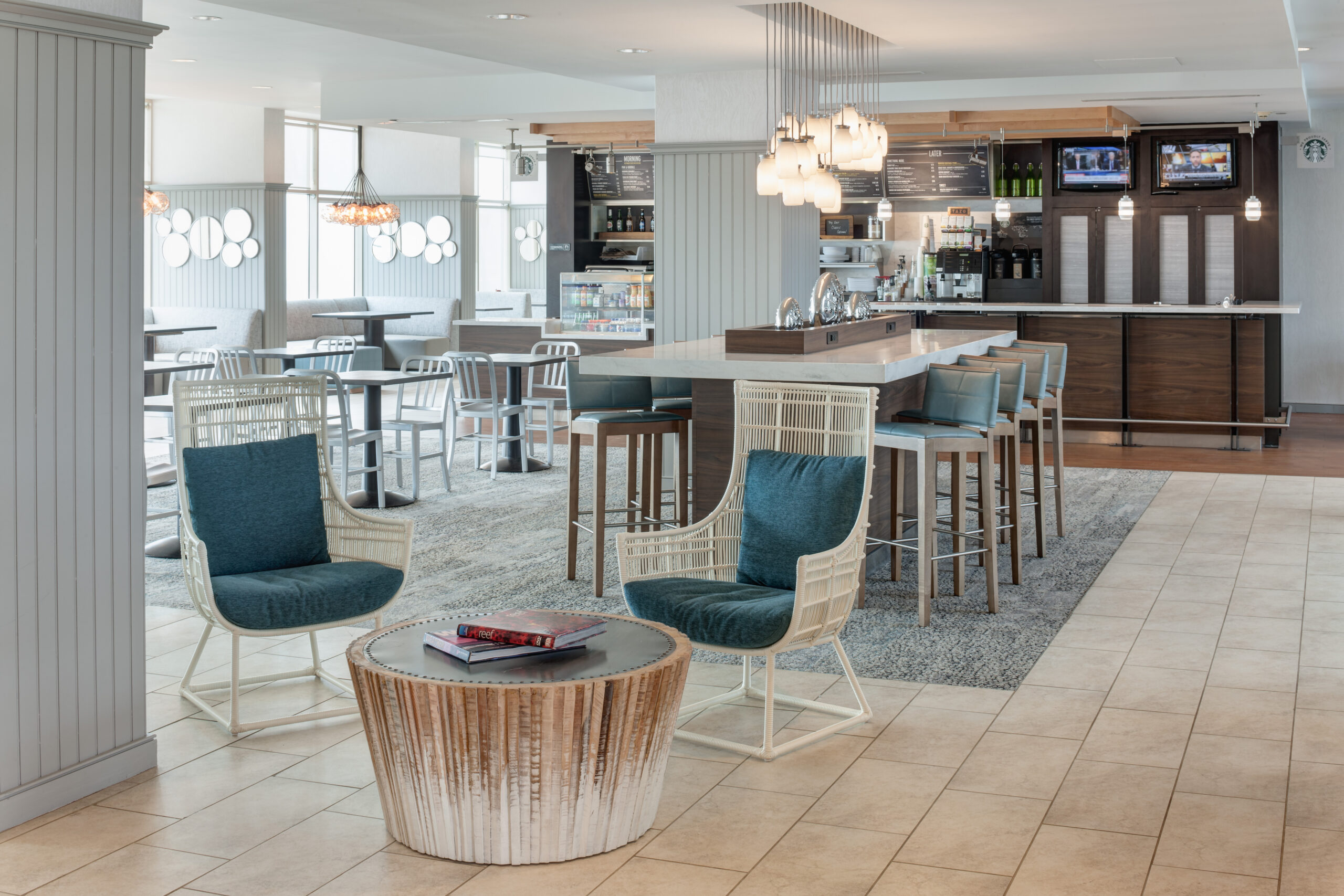
Next-gen technology has played a larger role in hospitality. Where do you see it going?
Tracz: Integrated technology has been a hot topic and will continue to be, but in an altered state. Technology has been valued as a method for creating an enhanced experience, yet many brands and hotel guests for that matter are finding that it doesn’t actually enhance the space. When applied, technology needs to be thoughtful, it needs to be flexible, and it needs to be useful. Applying technology for the sake of having it doesn’t help everyone—it needs to truly be a tool that makes the experience better.
While robotic butlers and artificial intelligence (AI) are new and noteworthy, there’s also been a focus on fostering meaningful human interactions, memorable experiences and a sense of community. What’s your take on striking a balance?
Tracz: Everyone likes the idea of not having to talk to someone when checking-in, until there’s a problem or they need recommendations (think restaurant reviews). Guests want simplicity, but they also want social interaction. Humans are social beings, thus removing all points of interaction is ineffective. Technology and AI can be still be used to enhance the experience if it’s tailored and human points of contacts can still be integrated if the role is evolved. It’s about striking a balance here and realizing that not just one end is the one-stop-shop solution.
How will hospitality design shift or stay the same in 2019?
Tracz: Last year was focused on catch up and improvements for brands and 2019 will prove to be a more strategic extension of that growth. The paradigm won’t necessarily shift, it’s just set to be more organized, more thought out, and about longevity over expediency.
